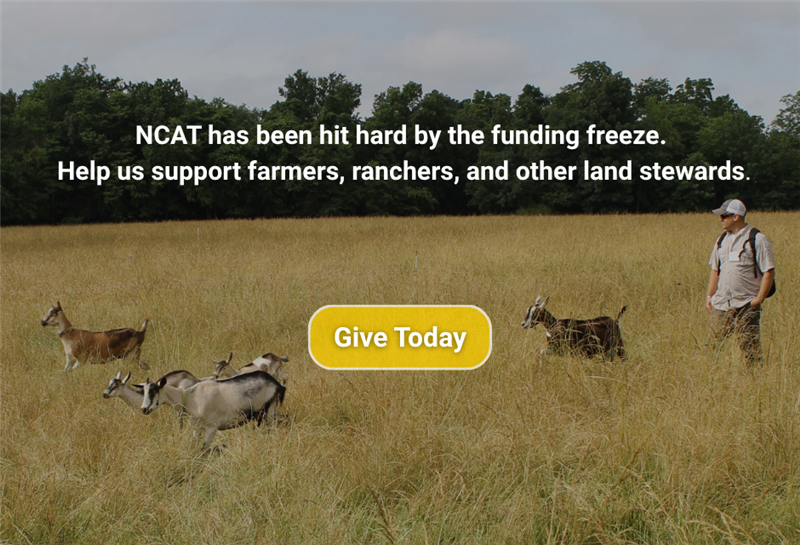Producers and Researchers Agree, Scale Up of a Sustainable Biochar Industry is Critical to Meet Climate Targets, and Build Agricultural Resilience and Soil Health
Today, on World Soil Day, the Foundation for Food & Agriculture Research (FFAR), the National Center for Appropriate Technology (NCAT) and American Farmland Trust (AFT) released Scaling Sustainable Biochar Research & Commercialization for Agriculture & Conservation: A Summary from a Stakeholder Convening that summarizes how sustainably produced and applied biochar will reduce greenhouse gas (GHG) emissions to mitigate climate change and build healthy high functioning soils. Additionally, the paper outlines research needs and gaps to scale up implementation and establish a pyrolysis biochar bioenergy industry.
Biochar is a charcoal-like substance made from pyrolyzing organic materials, such as agricultural and forest waste, often co-produced with renewable energy. Pyrolysis, the most common technology employed to produce biochar, converts organic materials under low-oxygen and high-temperature conditions (400 – 600ºC) into highly stable carbon compounds that remain in soils for hundreds to thousands of years. Biochar’s highly stabilized carbon-rich composition enables it to boost the benefits of other soil health practices, and to build productive, high functioning, resilient soils. Furthermore, biochar sequesters carbon in the long-term and reduces GHG emissions.
The paper is a summary of a March 2022 virtual convening event on biochar research and commercialization, hosted by FFAR, NCAT and AFT.
“This white paper demonstrates a clear need for coordinated efforts in both the public and private sectors and the creation of innovative partnerships to resolve the research and innovation gaps that have limited the widespread application of biochar to agricultural soils,” said LaKisha Odom, Ph.D., FFAR soil health scientific program director. “I am especially excited about the research roadmap and collaboration opportunities that are possible.”
“Biochar, together with its biofuel coproduct, has great potential to build healthy soils, strengthen rural economies and remove carbon from the atmosphere,” said Steve Thompson, NCAT executive director. “But that potential will be realized only with concerted action to close knowledge gaps, develop markets and implement supportive policy. The convening and this report point the way.”
“A coordinated effort is needed to resolve the research, development and policy gaps that have limited the widespread adoption of sustainable, fit-for-purpose biochar amendments for diverse agricultural soils,” said Rachel Seman-Varner Ph.D., AFT senior soil health and biochar scientist of AFT’s Climate Initiative. “The convening event and this white paper brought together scientific, industry and policy experts to identify gaps that need to be addressed to move this practice forward as a synergistic tool in the soil health and climate-smart toolbox.”
The paper also supports the use of sustainably sourced organic waste products and outlines the potential to include bioenergy crops to simultaneously generate biofuels and biochar for application to farm, ranch, and forest lands. Recordings of the convening event and the paper are also available on the Farmland Information Center page, Convening on Biochar Research and Commercialization. A companion paper that summarizes research, stakeholder action, and policy recommendations for a coordinated strategy to support a pyrolysis biochar bioenergy industry will be released by AFT and NCAT in early 2023.
###
About the American Farmland Trust (AFT)
American Farmland Trust is the only national organization that takes a holistic approach to agriculture, focusing on the land itself, the agricultural practices used on that land, and the farmers and ranchers who do the work. AFT launched the conservation agriculture movement and continues to raise public awareness through our No Farms, No Food message. Since our founding in 1980, AFT has helped permanently protect over 6.8 million acres of agricultural lands, advanced environmentally-sound farming practices on millions of additional acres and supported thousands of farm families.
CONTACT: Lori Sallet, E: lsallet@farmland.org ● P: (410) 708-5940
###
About the Foundation for Food & Agriculture Research (FFAR)
FFAR builds public-private partnerships to multiply the U.S.’s public research investment and accelerate actionable solutions to urgent food and agriculture challenges. FFAR’s Soil Health Challenge Area has interest in biochar due to the importance of carbon drawdown, the imminence of time and the need to address knowledge gaps, as well as the need for implementation and scale in the biochar space. FFAR is interested in developing coordinated funding opportunities to support near-term technology development for biochar.
CONTACT: Michelle Olgers, E: molgers@foundationfar.org ● P: (804) 304-4200
###
About the National Center for Appropriate Technology (NCAT)
The National Center for Appropriate Technology has been helping people build resilient communities through local and sustainable solutions that reduce poverty, strengthen self-reliance, and protect natural resources since 1976. Headquartered in Butte, Montana, NCAT has field offices in Arkansas, California, Colorado, Idaho, Kentucky, Mississippi, Montana, New Hampshire, Pennsylvania, and Texas. Learn more and become a friend of NCAT at NCAT.ORG.
CONTACT: Emilie Ritter, Director of Communications and Development, emilier@ncat.org

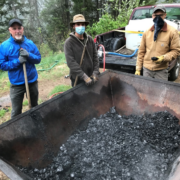 Courtesy
Courtesy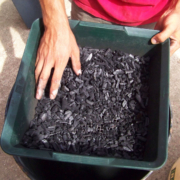
 Canva Pro
Canva Pro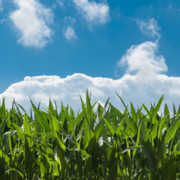
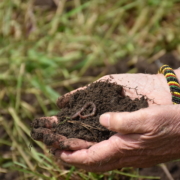
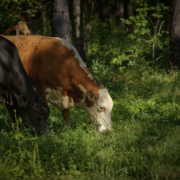
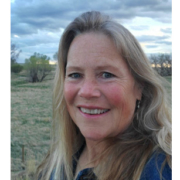

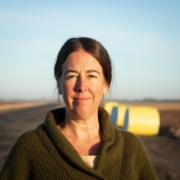

 Lynn Betts, NRCS/SWCS
Lynn Betts, NRCS/SWCS